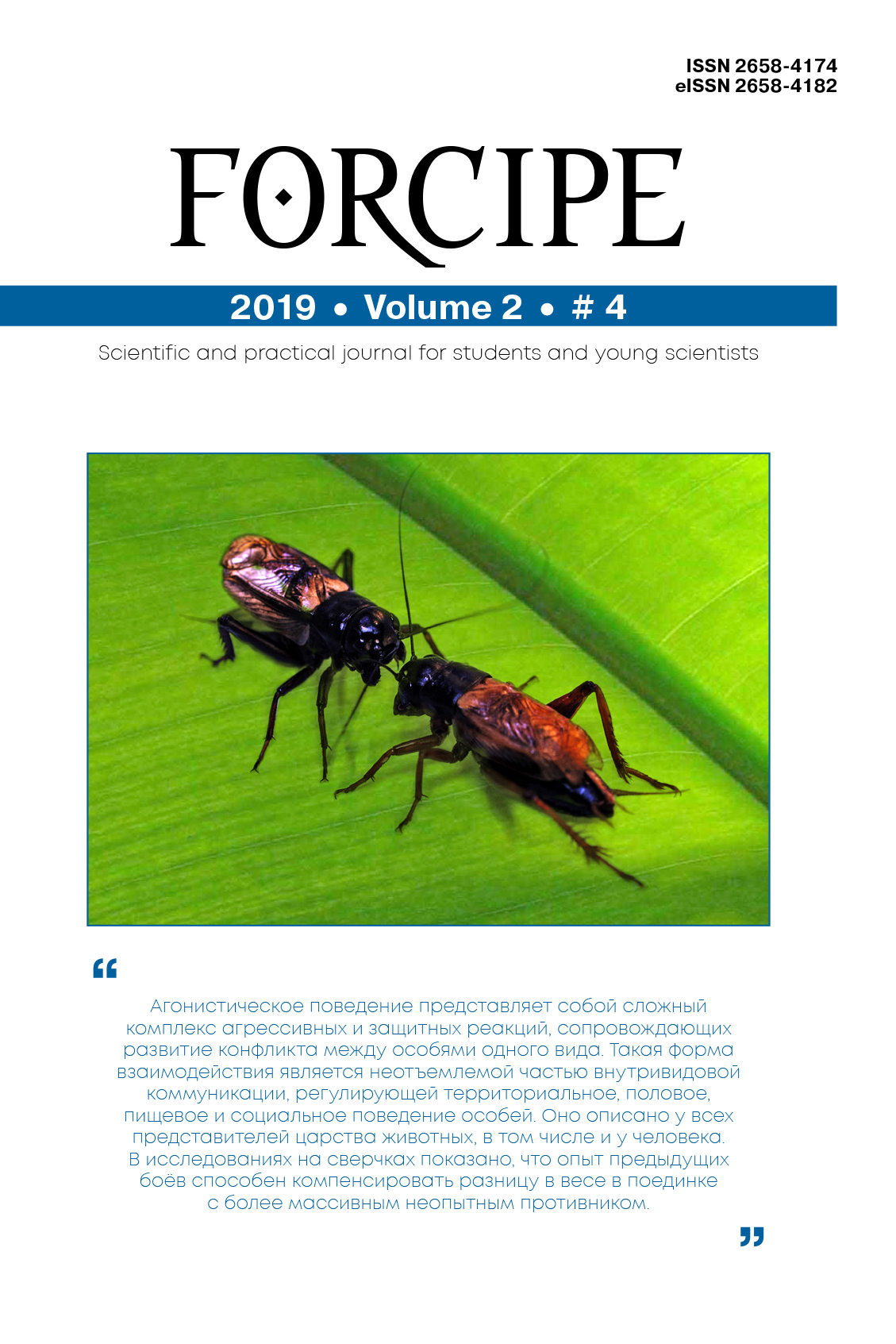THE NEOPLASTIC PROLIFERATION OF GLIOBLASTOMA C6 PROVIDED BY EXPERIMENTALLY CHANGED THYROID STATE
Abstract
The aim of the work lies in studying the effect of drug induced hypothyroidism on the life expectancy of laboratory animals with previously transplanted glioblastoma. The study was two consecutive series of experiments in which 6 and 40 laboratory mice participated, respectively. The C6 glioblastoma cell culture was transplanted in the lateral ventricle of the brain in each of these animals. Laboratory animals within each series were divided into two groups depending on thyroid status: control (euthyroid) group and hypothyroid group. During the experiments, the life expectancy of mice of the control and hypothyroid groups was compared. According to the data, the relationship between the thyroid status of the organism and the level of tumor progression of glioblastoma C6 was established. In the first experimental group consisting of 6 mice, the average life expectancy per day was 9.0 ± 1.0 days for the control subgroup, 19.0 ± 2 days for the hypothyroid subgroup. In the second experimental group, which included 40 laboratory animals, the median survival was 8.9 ± 0.6 for the euthyroid subgroup, 18.7 ± 1.7 days for the subgroup of induced hypothyroidism, generally consistent with the results obtained during the first experiment. Based on the results, it follows that induced hypothyroidism is a factor that reduces the rate of glioblastoma progression.



